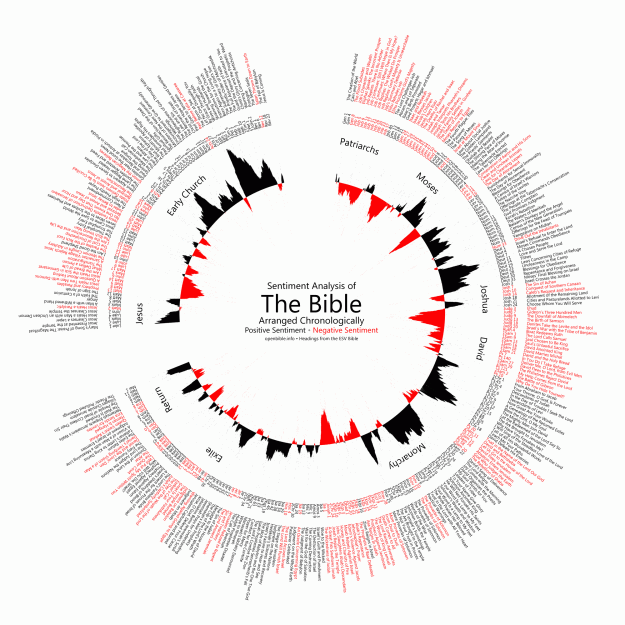Editors’ Choice: E-ject Oriented Ontology
Perhaps this has occurred to others, but I was thinking this morning of the word object and the many other words it shares -ject with: project, deject, eject, reject, inject, interject … perhaps you can think of others. Like “object,” most of these words serve as both noun and verb (sometimes as adj.). In most of the etymologies, -ject comes from the Latin jacĕre meaning to throw. In the case of object, the inherited meaning is to throw something before the mind or senses. I suppose the etymology, in this case, could be viewed as unfortunate for OOO, which clearly presents objects as mind-independent, and certainly the evolved and contemporary understanding of object is mind-independent, though even being “objective” still requires a mind.

